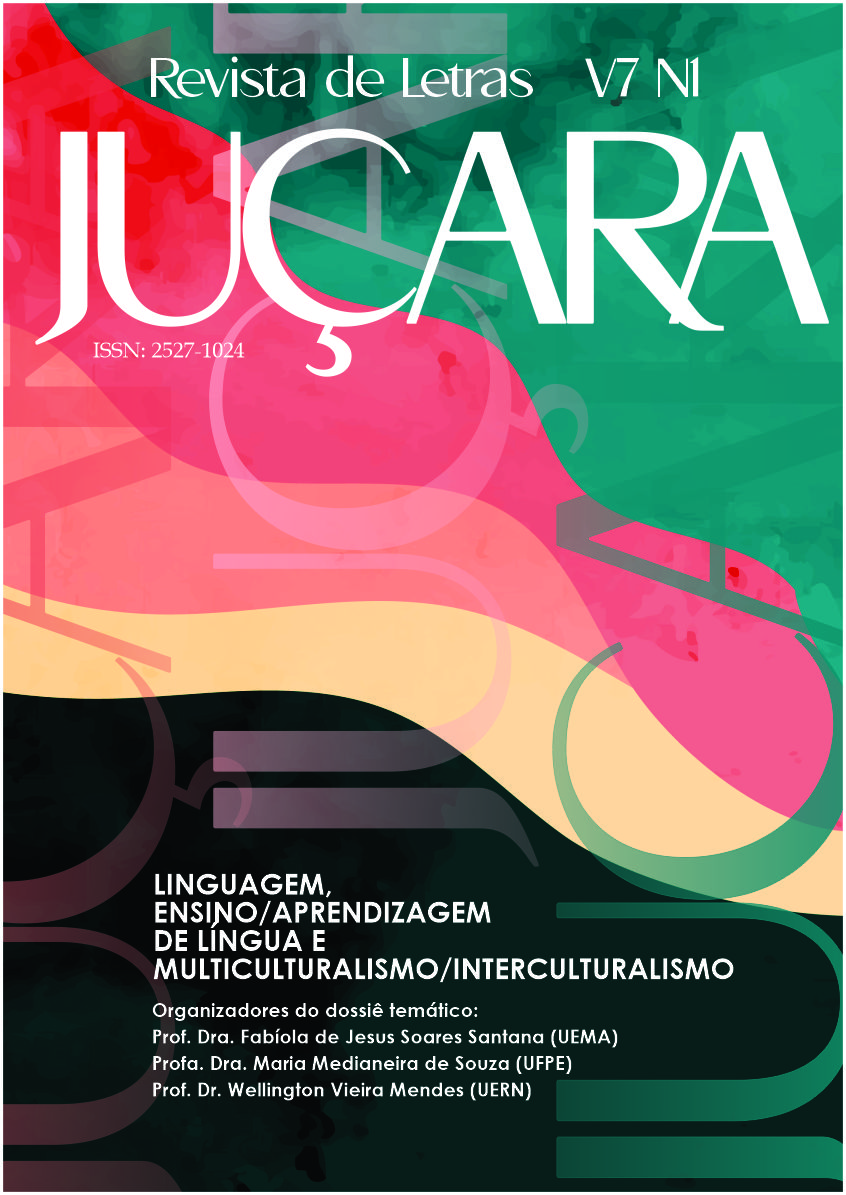LANGUAGE COMMODIFICATION IN THE ANITTA'S SONG ME GUSTA: THE USE OF SPANGLISH AS AN EXCHANGE CURRENCY – FROM PRIDE TO PROFIT
DOI:
https://doi.org/10.18817/rlj.v7i1.3215Abstract
Abstract: This article aims to examine the language commodification through the phenomenon of Spanglish as found in the song Me Gusta by Anitta, Cardi B, and Myke Towers. The analysis focuses on the connection between Anitta's international career and her linguistic-ideological strategies. To this end, the study provides a theoretical review of the economic power of language in contemporary capitalism, based on the works of Heller (2010), Heller and Duchêne (2012, 2016), Heller and McElhinny (2017), among others. Additionally, Spanglish is discussed through the works of Betti (2011), Lima (2019), Vinuesa (2001), and others, with emphasis on Mendonça's (2021) analysis of code-switching (alternation between English and Spanish) in Me Gusta, arguing that the phenomenon is employed with political, literary, and instrumental functions. Based on this study, and considering the context of the new globalized economy, this article argues that the use of Spanglish, in addition to serving the mentioned functions, also serves commercial objectives that reflect the commodification of language. This fact is evidenced by Anitta's career and the impact of her music productions internationally. Nothing in the career of the "powerful, businesswoman, and millionaire" Brazilian singer is by chance. Examining Anitta's marketing strategy in adopting certain linguistic phenomena, it becomes clear that the use of Spanglish is not limited to social, cultural, and political functions, but also reaches the level of linguistic, symbolic, and material capital, which can be used as an exchange currency: from pride to profit.
Keywords: Language commodification; Spanglish; Anitta; Multiculturalism; Globalization.
Downloads
Published
How to Cite
Issue
Section
License
Copyright (c) 2023 Vanessa Leme Fadel Steinhauser

This work is licensed under a Creative Commons Attribution 4.0 International License.
A submissão de originais para a Revista de Letras Juçara implica na transferência, pelos autores, dos direitos de publicação. Os direitos autorais para os artigos publicados nesta revista são do autor, com direitos da revista sobre a primeira publicação. Os autores somente poderão utilizar os mesmos resultados em outras publicações indicando claramente a Revista de Letras Juçara como o meio da publicação original.


